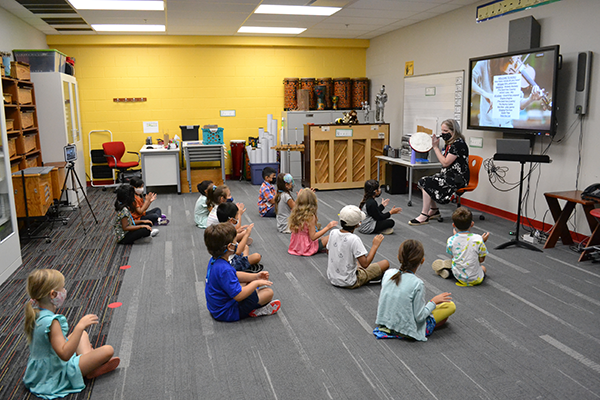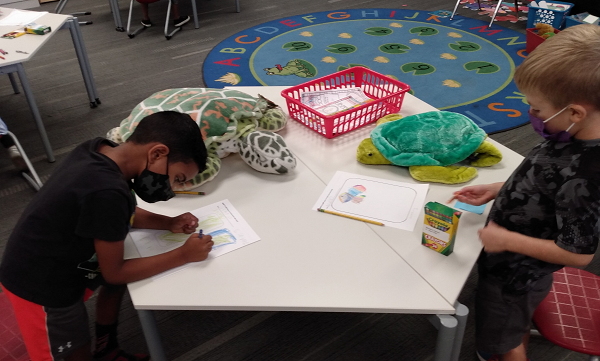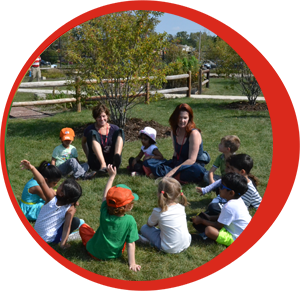Gifted children benefit from early gifted education
Early Gifted Programs Set the Course for the Future
Several long-term studies have shown that early gifted educational programs positively affect a student’s secondary and post-secondary plans and achievements. One such study showed that gifted students who benefited from intervention services in elementary and secondary schools received doctorate degrees at 50x the normal level for non-gifted students. Over 60% receive more than one advanced degree.
Early services also help students maintain their interests and creative expression later in life, after completing their degrees. Performance in early programs foreshadows achievements in creative and technical areas well into middle age.
Gifted and talented students who are placed in groups with similar students feel better about themselves. They don’t stand out as being different. Gifted children can concentrate on learning and not worry about social adjustment and peer judgement.
They will develop positive feelings about themselves and better self-esteem. They will have a healthier view of their own abilities and potential. As they have more and more success in school, they become more self-confident and more likely to use this confidence throughout life’s undertakings.



May we send you some information?

Preschool & Jr. Kindergarten
At Quest Academy, our approach to Early Childhood Education is based on asking the question: “What does it feel like to be a child in this environment day after day after day?
- Do I feel that I belong here or am I just one of the crowd?
- Am I usually glad to be here, rather than eager to leave?
- Do I find many of the activities engaging, interesting, absorbing, and challenging rather than just entertaining or exciting?
- Do I find most of my experiences here meaningful rather than frivolous or boring?
- Do I find most of the experiences satisfying rather than frustrating or confusing?
When young children engage in serious in-depth investigations of significant elements of their environments and experiences, their minds are challenged and active. In that state, they learn. In addition, the purpose of academic skills such as writing, measuring, and others, becomes relevant to them, sparking an intrinsic motivation to build those skills.
The ability to enjoy relationships and work together is also very important. Children need to enjoy being in school. They need to love their school and the interactions that take place there. Their expectations of these interactions is critical. It is also important for the teachers to enjoy being with the other teachers, to enjoy seeing the children stretch their capacities and use their intelligence, to enjoy interactions with the children. All these parts are essential.

